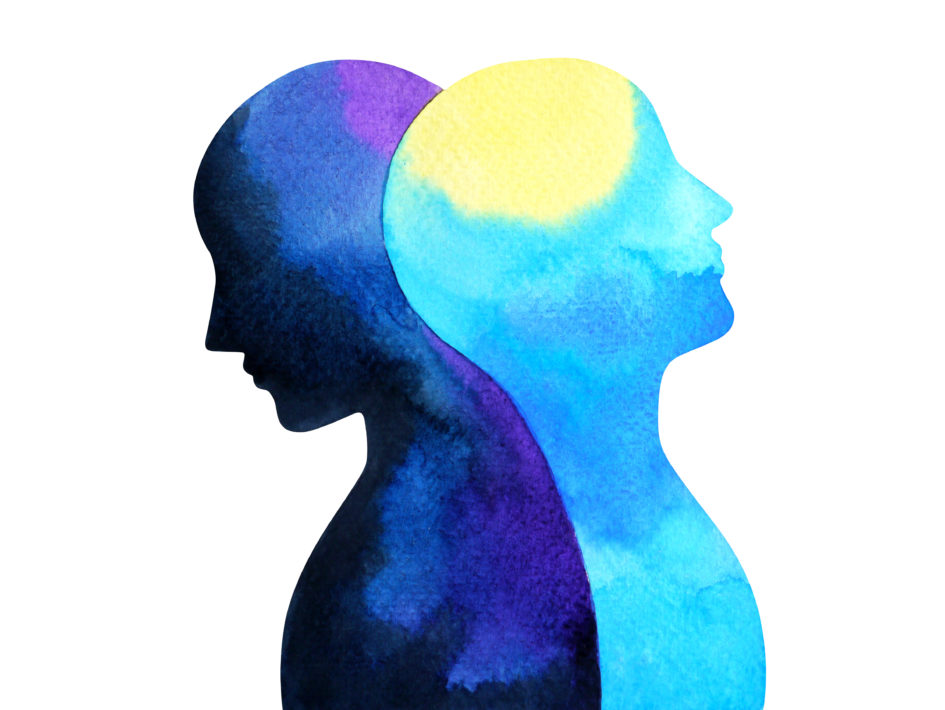With social distancing, quarantine and isolation becoming commonplace during this uncertain time – that is the COVID-19 crisis – feelings of fear, anxiety and depression can increase. Read on for healthy ways to cope with these emotions and other common ones you may be experiencing during a crisis (whether personal or global) and where to seek help if you need it.
Increased fear, anxiety and depression are common emotions you may experience during a crisis, especially a global one that involves quarantine and social distancing. As we navigate these uncertain times, stress can send a person into overload if they ignore their mental health.
Healthfully coping with stress, fear, anger, boredom, frustration, anxiety, depression, and the many other emotions that are normal for you to experience during these times can only make you, your family and your community stronger. Here are some ways to support yourself during a personal or global crisis:
Don’t overload on the news. Stay up to date, but do not check the news 24/7. This is especially triggering for anxiety. Limit your media exposure as much as possible.
Stick to a normal routine. Maintaining some semblance of structure in your daily life is important so you don’t fall into a lethargic lifestyle, which could lead to harmful thinking patterns. Here are a few ways to stick to a routine:
- Wake up and go to bed at the same time.
- Try to exercise every day, even if it’s just a YouTube workout video. Getting your body moving is healthy for you mentally, emotionally and physically.
- Shower and put on normal clothes each day.
- Eat meals at regular times and be mindful of unhealthy or binge eating.
- Keep your home environment clean and organized.
Start a new quarantine ritual. Instead of thinking about how you’re “stuck at home”, try reframing this thinking to “I can focus on my home and myself and/or my family.” Use this time as an opportunity to focus on your internal world. Try to tackle long-avoided tasks, create something you’ve always wanted to, reorganize, and slow down. Take the time to reconnect with your family members and take it one day at a time.
Connect with others. Reaching out to loved ones is one of the best ways to reduce anxiety, depression, loneliness, and boredom during social distancing. Use your phone, email, text messaging, and social media to connect with friends, family and others. Talk “face to face” with friends and loved ones using Zoom, Skype or FaceTime.
Engage in positive stress management techniques.
- Relax often by taking deep breaths, stretching, meditating or praying, exercising, and engaging in activities you enjoy. Try to get outside each day, even if it’s just for a five-minute walk.
- If you’re engaging in a stressful activity, do something fun after you finish a hard task.
- Talk to loved ones about how you’re feeling, if you find it helpful.
- Disconnect from technology. At least for one hour each day, completely disconnect from electronics. Use this time to read a book or work on a craft or hobby instead.
Talk to a professional if your feelings become unmanageable. Many licensed psychologists are offering telehealth options over HIPAA-compliant video chat platforms. Remember to reach out for help if your anxiety is reaching proportions that is unmanageable without professional help.
If you are feeling overwhelmed with emotions, such as sadness, depression, anxiety, or you feel like you want to harm yourself or someone else, call 911 or the National Suicide Prevention Lifeline at 1-800-273-TALK (1-800-273-8255).
Sources:
“Taking Care of Your Behavioral Health,” SAMHSA, samhsa.gov, April 8, 2020.
“Managing Anxiety and Isolation During Quarantine,” Aarti Gupta, PsyD, adaa.org, April 8, 2020.
“COVID-19: Stress and Coping,” CDC.gov, April 8, 2020.

